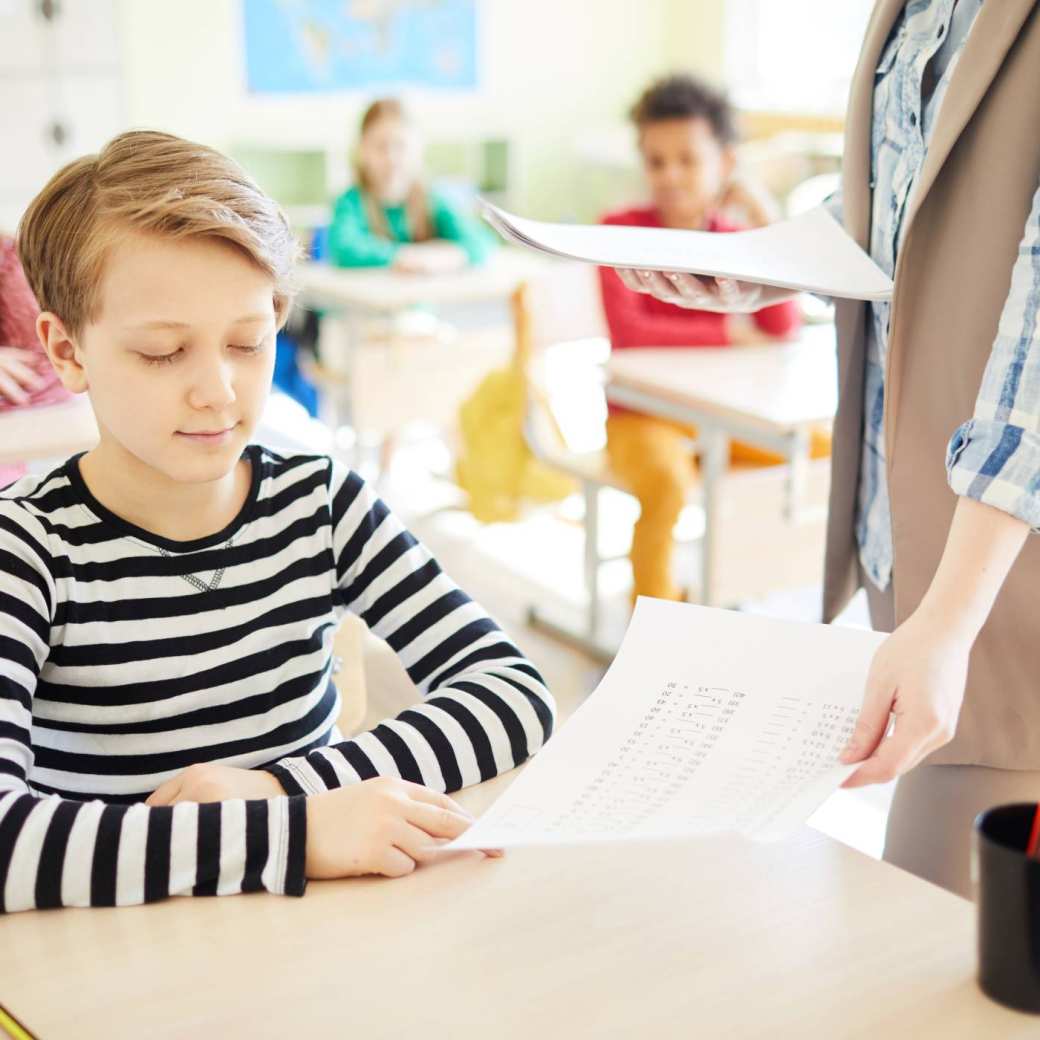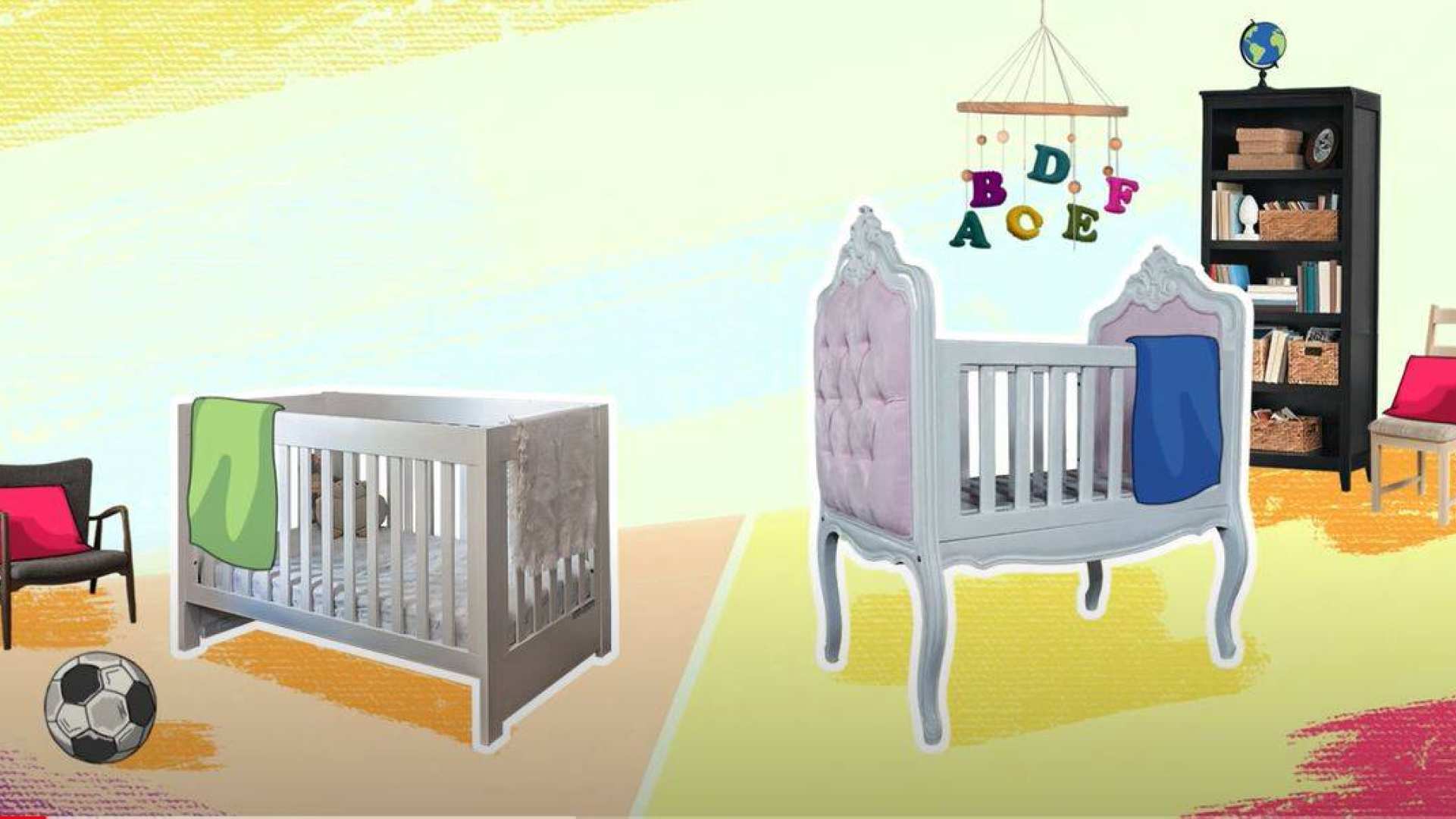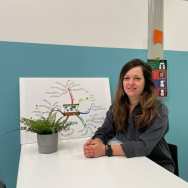Educational Equality

Educational equality. Every child deserves a good start as the foundation for a healthy and happy life. However, pupils’ social backgrounds still strongly predict their educational attainment. It's high time to draw attention to this wicked problem.
Self-scan helps teachers become more aware.
The free self-scan for educational equality helps (prospective) teachers assess how much they contribute to educational equality for pupils from different social groups. The scan is for the (prospective) teachers to reflect on themselves. Still, it can also be used as a talking piece in the team to discuss what is already happening to improve equal opportunities and where opportunities for improvement lie.
Use of the self-scan in school.
Ivonne Reijers is a teacher at a primary school and used the self-scan in her school: "I used the self-scan for educational equality in our professional learning community on flexible grouping for instruction. I created an online questionnaire from the scan that teachers can complete. After everyone had filled in the questions, we discussed the different components of the scan. This resulted in valuable conversations about topics such as: to what extent do we consider pupils' background characteristics when grouping them for instruction? How does it work for us when a sibling comes to school and we already know the parents and the other children in the family very well? Do we unconsciously or consciously take that knowledge into account in our decisions?”
Awareness and Meaningful Conversations.
The self-scan has helped us develop an awareness of how we perceive equal opportunities. It made us reflect on what we were doing and what could be improved. We realized it's important not to fill out the self-scan just once but to do it regularly. The self-scan is extensive, but you can also focus on one or two aspects for a period and address others later. We especially found the process of filling it out calmly and discussing it together very valuable.
“The self-scan has developed awareness about how we view equal opportunities. What are we already doing, and what could be improved?”
Reflection tool: personal reflection on expectations and Sixty seconds about your expectations
Teachers are constantly making choices for pupils. Choices such as which revisions in the curriculum do some pupils need? Which pupils need extra instruction? Which pupils need an additional, more challenging assignment? Teachers make decisions partly based on their expectations of individual students and the group. Teacher expectations are often well-founded but sometimes rely partly on intuition. Teacher expectations are a strong predictor of teachers' choices and, therefore, the teacher's actions. Teachers actions, in turn, influence students' (learning) development. Expectations guide the conscious actions of teachers but also play a role in some processes that the teacher is less aware of.
Are you curious about how you communicate your expectations to students?
The assignments 'Sixty seconds about your expectations' and 'The reflection tool: personal reflection on expectations' support (prospective) teachers to create awareness of their expectations. According to teachers, these are powerful reflection tools. As a teacher describes the assignment ‘Sixty seconds about your expectations’:"That was a great step-by-step plan. And then I thought, this is also nice to do with colleagues. You then really look at your actions concerning educational equality. And the reflection moment that it contains is powerful.”
Read more about:
What is fair?
Is it fair to give Jordy more attention because he receives less support from his low-literate parents, or would that shortchange the highly gifted Britt? Why group students based on their earlier achievement or (supposed) ability rather than letting them learn together in heterogeneous ability groups? Why opt for individual learning goals rather than collective learning goals?
The above questions are ethical dilemmas. Choosing one option may have negative consequences for the other. Sometimes, teachers may need to be made aware of their problem. Whether they are aware or not, teachers deal with such dilemmas daily. However, they rarely discuss what they consider to be fair education among themselves. The following two tools help reflect on fair differentiation in the classroom and school. What choices are we making? How do we ensure educational equality?
Read more about
Exploring your views on differentiation and educational equality
"The discussion about social justice and educational equality is important. It is necessary to make responsible and well-considered decisions."
Educational Equality
- Cogent Education (2023) How teachers handle differentiation dilemmas in the context of a school’s vision: A case study
- SN Social Studies (2023) A quantitative study of teachers’ beliefs and practices regarding fair classroom differentiation
- Scientific article (2021) 'Equity, Equality, and Need: A Qualitative Study into Teachers’ Professional Trade-Offs in Justifying Their Differentiation Practice'



